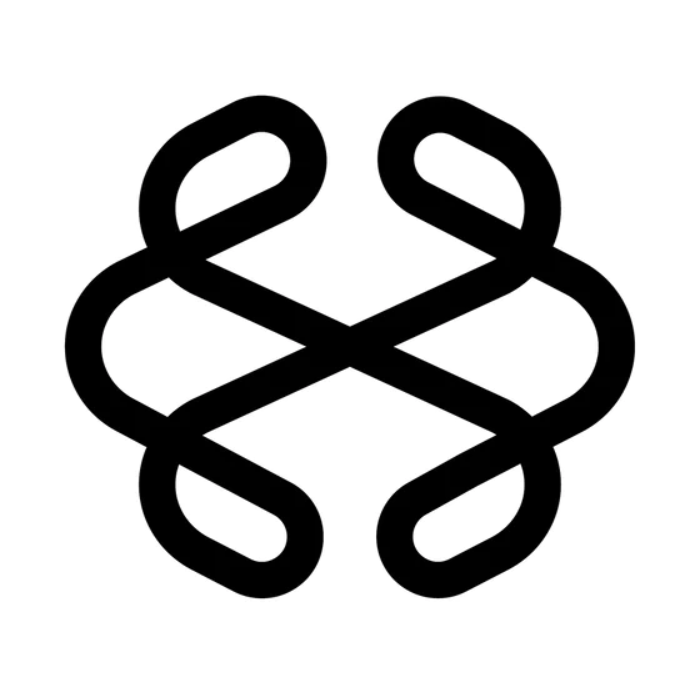Question Easy:
A 30-year-old woman presents with dysuria, increased urinary frequency, and suprapubic discomfort. She has no fever or flank pain. Urine dipstick is positive for nitrites and leukocytes. What is the most likely diagnosis?
A) Pyelonephritis
B) Urinary tract infection (UTI)
C) Interstitial cystitis
D) Vaginitis
E) Urolithiasis
Question Medium:
A 45-year-old man presents with sudden onset of severe right flank pain radiating to the groin. He reports nausea but no fever. On examination, he is writhing in pain. Which of the following investigations should be performed first to confirm the diagnosis?
A) Abdominal X-ray
B) CT scan of the abdomen and pelvis without contrast
C) MRI of the abdomen
D) Ultrasound of the abdomen
E) Intravenous urogram
Question Hard:
A 60-year-old man with a history of hypertension and chronic kidney disease (CKD) stage 3b comes for a routine follow-up. He is currently not on an ACE inhibitor due to a previous episode of angioedema. His blood pressure is 150/90 mmHg. Which of the following is the most appropriate management to control his blood pressure without worsening his renal function?
A) Thiazide diuretics
B) Calcium channel blockers
C) Beta-blockers
D) Potassium-sparing diuretics
E) Direct renin inhibitors
Explanations & Answers:
Question Easy Answer: B) Urinary tract infection (UTI)
Question Easy Explanation: This presentation is typical of a lower urinary tract infection. The presence of dysuria, urinary frequency, and suprapubic discomfort, combined with positive nitrites and leukocytes on urine dipstick, strongly suggests a UTI. NICE guidelines recommend treating uncomplicated UTIs empirically in women based on typical symptoms and dipstick results.
Question Medium Answer: B) CT scan of the abdomen and pelvis without contrast
Question Medium Explanation: The symptoms suggest renal colic, likely due to a kidney stone. A non-contrast CT scan of the abdomen and pelvis is the gold standard for diagnosing urolithiasis as it provides precise information about the size and location of stones.
Question Hard Answer: B) Calcium channel blockers
Question Hard Explanation: In patients with CKD and hypertension who cannot take ACE inhibitors or ARBs (due to previous angioedema in this case), NICE guidelines recommend the use of calcium channel blockers to control blood pressure. This helps manage blood pressure without adversely affecting renal function.
Medical fact of the day: The kidneys filter approximately 180 litres of blood daily, producing around 1.5 to 2 litres of urine. This remarkable process helps maintain fluid and electrolyte balance and removes waste products.
Quote of the day: “Each patient encounter is a chance to change a life—treat with compassion, diligence, and hope.”
